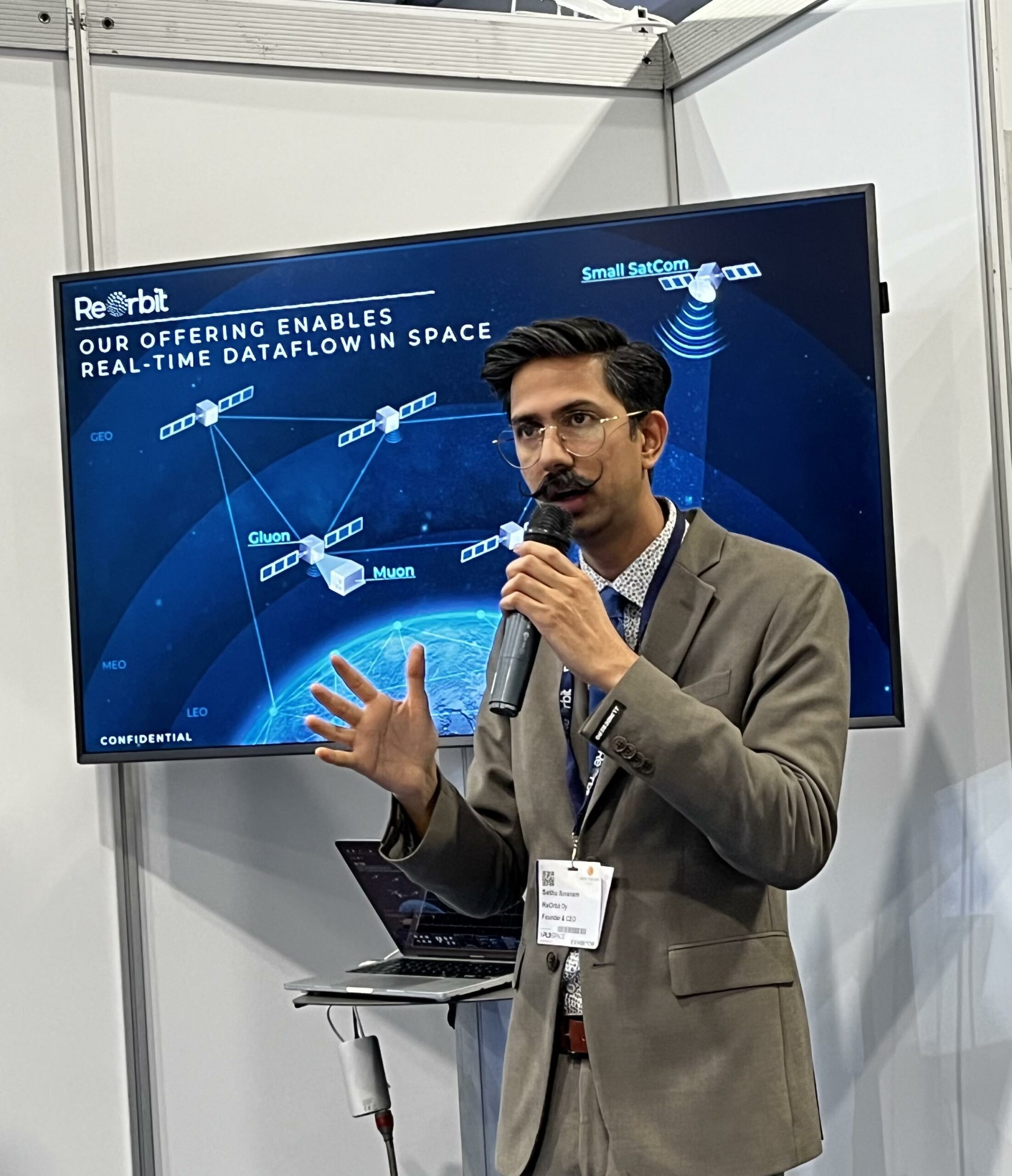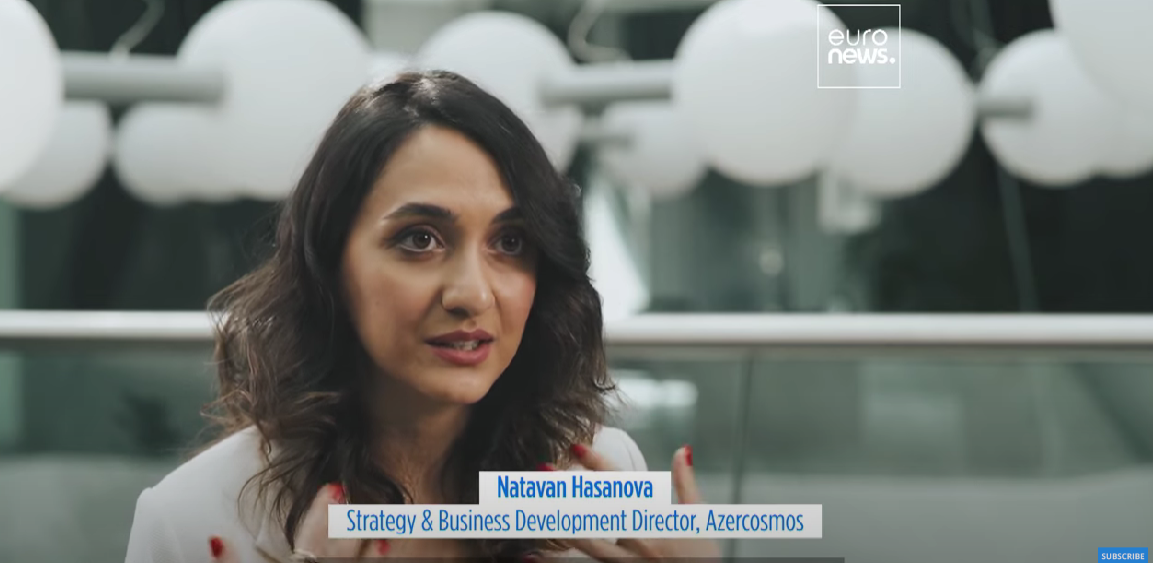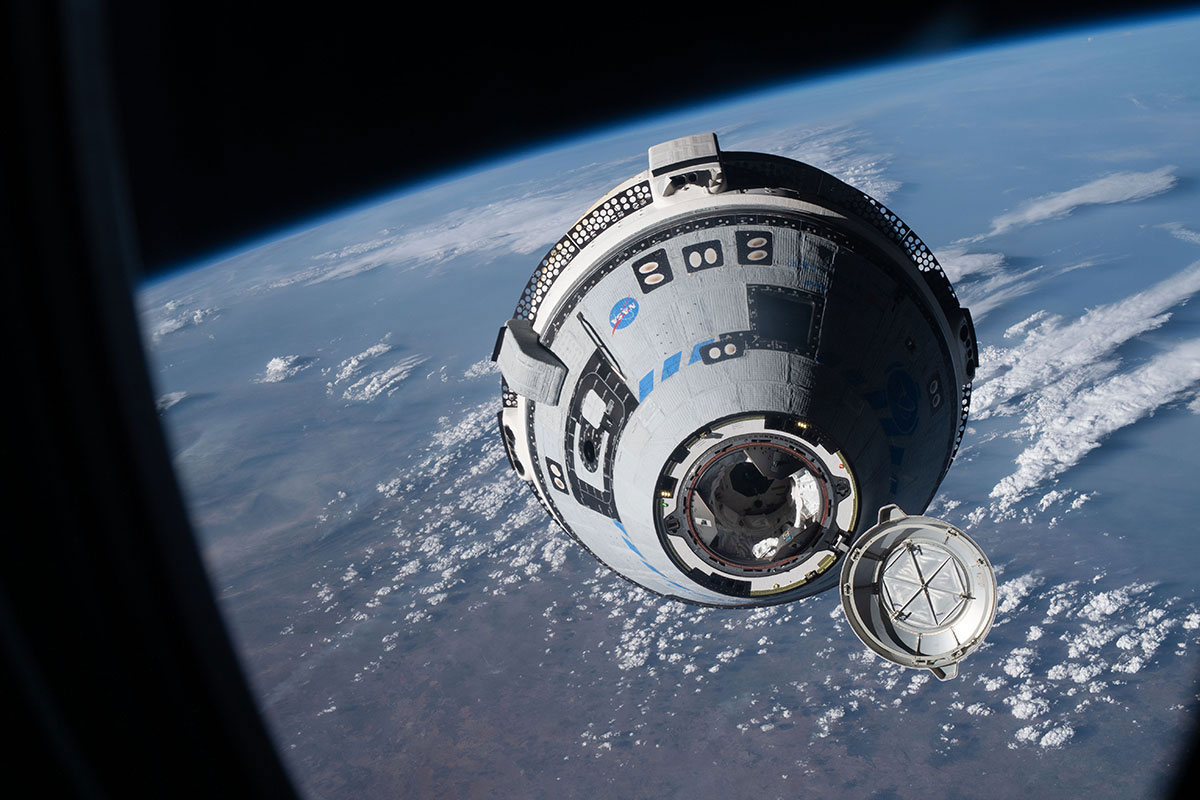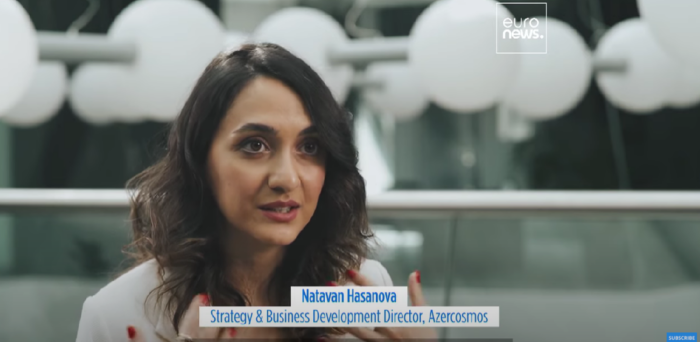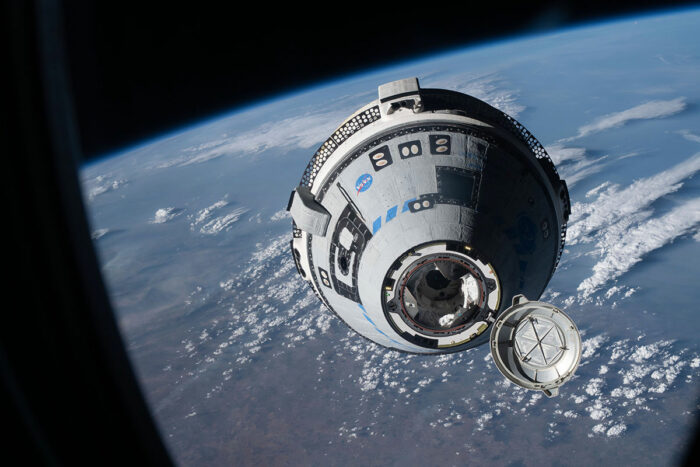Space Impulse Brief:
- ReOrbit and Euroconsult produced the global market report “Software-first satellites: essential growth lever for space.”
- The report explores the paradigm change that was brought about by New Space, which has accelerated the transformation of the sector enabling widespread access to affordable space technologies and services, boosting the overall market potential.
- The report delves into the digital transition in the space industry, lessons learned from other industries, and why software plays a key role in ensuring full satellite flexibility, and enabling more integrated, higher-performance and more resilient (software-defined) networks.
PRESS RELEASE — Helsinki & Bremen / November 15, 2023 — The global space sector is experiencing exceptionally strong growth driven by new supply and demand dynamics, disruptive innovations and transformational business models. In a more open, competitive and collaborative environment, digital technologies have emerged as an essential growth lever for the space industry, as per other major industries, such as automotive and aeronautics. Hardware has become increasingly commoditized and less differentiated, whilst the focus has been shifting to software.
The findings come from a new global market report “Software-first satellites: essential growth lever for space”, produced by ReOrbit, together with Euroconsult. It explores the paradigm change that was brought about by New Space, which has accelerated the transformation of the sector enabling widespread access to affordable space technologies and services, boosting the overall market potential.
According to the report, the space industry is now entering an era of horizontal consolidation and vertical cooperation, during which market players in the space industry will attempt to limit the intensity of competition by joining forces and seeking partnerships within the value chain.
In its second and last chapter, the report delves into the digital transition in the space industry, lessons learned from other industries, and why software plays a key role in ensuring full satellite flexibility, and enabling more integrated, higher-performance and more resilient (software-defined) networks. The report outlines four main benefits, as well as challenges and trade-offs of a software-first approach.
“As this report makes clear, it is both necessary and highly valuable for the space industry to embrace the satellite design philosophy that revolves around that data sharing and communications shall take place not only from space to ground, but also from space to space. Satellites must communicate with each other, and thus they can improve mission efficiency.
“How can this be achieved? Thanks to a flexible software-first architecture, where all these aspects are dealt with upfront in the mission concept, as integrated functionalities,” says Sethu Saveda Suvanam, CEO & Founder of ReOrbit. “This is exactly how ReOrbit changes the game. Our flight software enables our satellites to become highly autonomous, interconnected, reconfigurable, and serviceable, hence, providing the customers with solutions optimised for efficiency, connectivity, and security.”
The following is a direct link to the report: www.reorbit.space/report-software-first-satellites.
Contact Information:
Media Contact:
Jana Avdeeva, Head of Marketing, ReOrbit
[email protected]
SOURCE: ReOrbit
Featured image: Sethu Saved Suvanam, Founder and CEO of ReOrbit at the launch of the report at Space Tech Expo Europe, in Bremen, Germany. Credit: Ria Urban / Space Impulse
For more market insights, check out our latest space industry news here.
Share this article:
